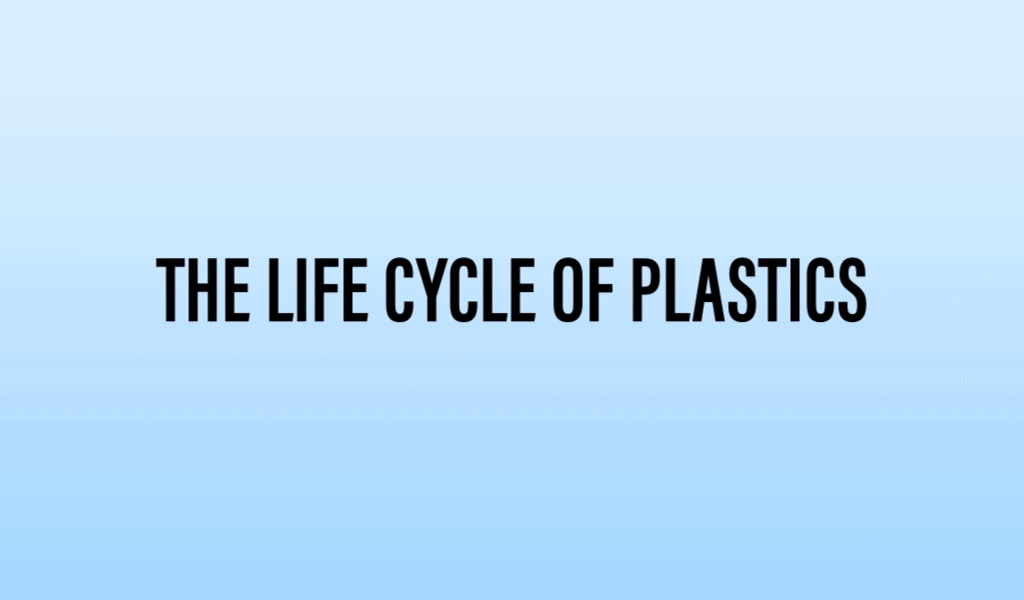A ban on single-use plastic bags in Abu Dhabi is now in effect.
The policy aims to protect the environment and address the high rate of plastic bag use across the UAE, which is almost four times the global average.
According to figures shared by the World Government Summit in February 2019, 11 billion plastic bags are used in the Emirates each year.
“This is equivalent to 1,182 plastic bags per person annually,” Dr Shaikha Al Dhaheri, secretary general of Environment Agency Abu Dhabi, said last week.
“This is considered a very high rate compared to the global average of 307 bags per person annually."
So how will the ban work, and when will Dubai follow?
The National explains.
Why has this ban been brought in?

To protect the environment. Estimates suggest around 13 million tonnes of plastic enter the world’s oceans each year.
A 2021 study carried out by the agency showed how plastic endangered the life of turtles. More than 150 sea turtles were rehabilitated after they were washed up on Abu Dhabi's beaches. The researchers found that about 80 per cent of the rescued animals had ingested plastics.
Turtles often mistake plastic bags for jellyfish, which can cause blockages in their digestive tract. But the problem is not just limited to the sea.
A UAE study showed plastic has caused the deaths of hundreds of camels since 2008.
About 10 per cent of the 30,000 camels studied by Dubai’s Central Veterinary Research Laboratory died due to polybezoars, which are lumps of indigestible material made of plastic.
Polybezoars can weigh up to 53kg and include plastic bags, rope and parts of plastic bottles, which accumulate over the years when the animals eat the materials after mistaking them for food.
Will I have to bring my own bags?
Yes, people will either have to bring their own or pay for a reusable bag, which will be for sale in stores and supermarkets. No single-use plastic bags will be available, even at a charge.
Are there any exclusions to the ban?
Yes, there are several. They are:
- bags used by pharmacies for medicines
- thin plastic bags kept on a roll in supermarkets for vegetables, meat, fish, chicken, grains and bread
- large shopping bags designed for fashion or electronic gadgets
- toys
- rubbish bags
- bags for keeping messages, postal parcels, magazines and newspapers
- bags for transporting plants, flowers and laundry
How have stores been preparing for this change?
Some supermarkets have been selling reusable bags for years. Carrefour, for example, became the first retailer in the UAE to launch its own range of reusable bags in 2007.
Spinneys and Waitrose have also been selling them for a long time. And, in 2018, Waitrose ran a trial to charge customers 25 fils per single-use plastic bag, which resulted in a 75 per cent reduction in use.
Retailers told The National they have been waiting for the ban for years.
Has this happened anywhere else?
Yes. Many countries have done something similar.
In 2017, Kenya banned plastic bags to prevent them from blocking waterways and drainage systems, which had been causing severe flooding. Offenders manufacturing or distributing them risk a four-year prison sentence or a $40,000 fine.
A total ban on the sale of plastic bags in all supermarkets and stores has also been in place in Thailand since 2020.
And Rwanda introduced a total ban on plastic bags in 2008, with policies including luggage searches at borders to confiscate any plastic bags being brought into the country.
Some countries, like Scotland, are going even further and will ban most single-use plastics from June.
In Abu Dhabi, single-use styrofoam cups, plates and food containers will be phased out by 2024.
What is Dubai doing?
Dubai will on the same day, July 1, introduce a mandatory 25 fils charge per plastic bag. The charge will apply to all stores, restaurants, delivery orders, pharmacies and online shopping.
The policy is designed to cut their use before plastic bags are banned entirely in two years.








